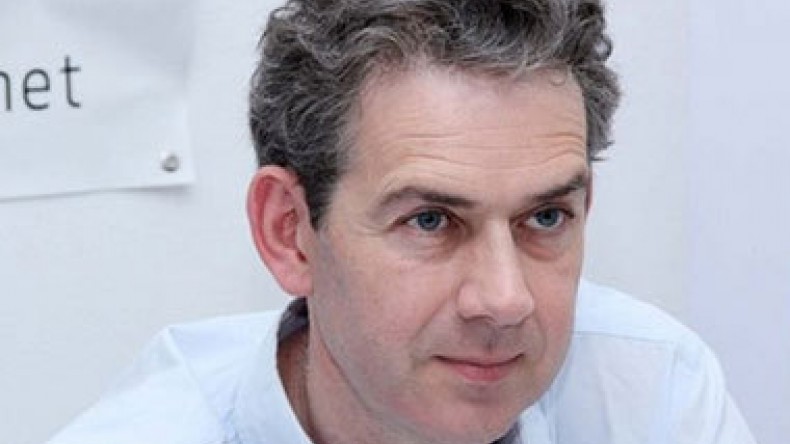
Thomas de Waal: It is still premature to talk about a return to full-scale war in Nagorno Karabakh
It is still premature to talk about a return to the kind of full-scale war that raged here for three years in the 1990s, Thomas de Waal, a senior associate at Carnegie Europe, writes in his article ‘Losing Control in the Caucasus’ published at Politico.eu as he addresses the recent escalation of tensions on Armenian-Azerbaijani border and the line of contact between the armed forces of Karabakh and Azerbaijan.
“This is not about the “hand of Russia” — although Russia’s behavior is not helping. The danger of the Caucasus is that no one is fully in charge and that Karabakh is becoming another link in a chain of disorder stretching from Ukraine to Syria, in which Russia meddles but is not fully in charge”.
“The Karabakh conflict has never been “frozen” since fighting ended in 1994… Since then the unresolved conflict has stunted development both in Armenia and Azerbaijan, yet neither is prepared to make the painful compromises that will lead to peace”, Thomas de Waal writes.
According to him, “in the last two years President Ilham Aliev has turned Azerbaijan into the most authoritarian state in wider Europe, while upping his bellicose rhetoric and publicly calling Armenians “fascists” and “terrorists.” On September 26, Armenian President Serzh Sargsyan escalated his own political rhetoric by dropping his previous position of public ambiguity and categorically declared Karabakh an “inseparable part of Armenia.”
As for Russia’s role in the conflict settlement, Thomas de Waal notes that “Moscow has a strategic interest in resolving the conflict and has sometimes played the role of responsible peacemaker — most recently through the mediation of Dmitry Medvedev in 2011. But it has also periodically used the conflict to win tactical advantages over both Armenia and Azerbaijan and to keep a foothold in the South Caucasus”.
Newsfeed
Videos






























